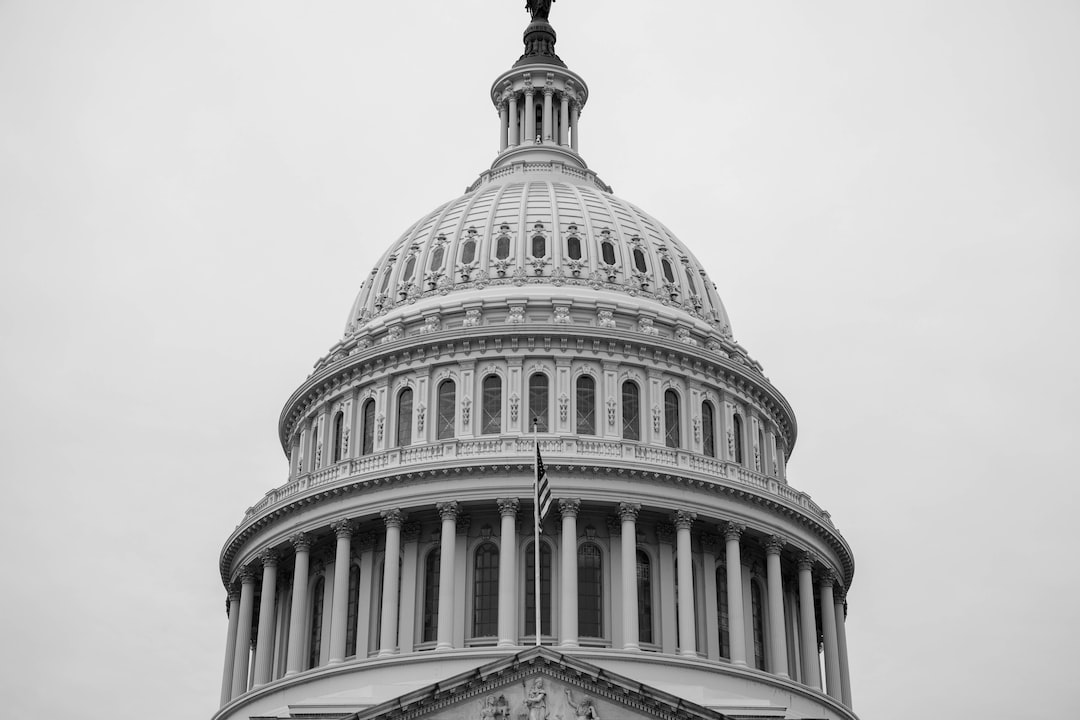Exploring Constitutional Law: Rights, Amendments, and Supreme Court Decisions
The United States Constitution serves as the foundation for the legal system in the country, guaranteeing the rights and liberties of its citizens. Over the years, there have been numerous amendments and supreme court decisions that have shaped the interpretation and application of the Constitution. In this blog post, we will delve into the key aspects of constitutional law, including rights, amendments, and landmark Supreme Court decisions.
One of the fundamental aspects of constitutional law is the protection of individual rights. The Constitution includes the Bill of Rights, which consists of the first ten amendments, aimed at safeguarding the rights and freedoms of the people. These amendments cover a wide range of rights, including freedom of speech, religion, and assembly, as well as the right to bear arms and protection against unreasonable searches and seizures.
These rights have been subject to interpretation and analysis by the Supreme Court, leading to significant developments in constitutional law. For instance, the First Amendment’s protection of freedom of speech has been examined in cases such as Tinker v. Des Moines (1969) and Citizens United v. Federal Election Commission (2010). These decisions have shaped the understanding of free speech, including the rights of students to freedom of expression and the recognition of political spending as a form of protected speech.
Apart from the Bill of Rights, the Constitution has been amended multiple times to adapt to the changing needs of society. Notable amendments include the Thirteenth Amendment, which abolished slavery, and the Nineteenth Amendment, which granted women the right to vote. These amendments represent significant milestones in the expansion of rights and equality for all Americans.
Supreme Court decisions have played a crucial role in interpreting and enforcing these constitutional amendments. The landmark case of Brown v. Board of Education (1954) declared racially segregated public schools unconstitutional, significantly advancing the civil rights movement. Similarly, the Obergefell v. Hodges (2015) decision granted the right to same-sex marriage, marking a major step towards equal rights for the LGBTQ+ community.
Through its power of judicial review, the Supreme Court has the authority to strike down laws that are unconstitutional. This authority was established in the landmark case of Marbury v. Madison (1803), which laid the foundation for the Court’s role in interpreting the Constitution. Since then, the Supreme Court has been at the forefront of resolving significant legal disputes and shaping the course of American democracy.
However, constitutional law is not without controversy and ongoing debates. Issues such as affirmative action, gun control, and privacy rights continue to be hotly debated and have resulted in multiple Supreme Court cases. One of the most recent examples is the Second Amendment case of District of Columbia v. Heller (2008), where the Court ruled that the right to bear arms is an individual right, subject to reasonable regulation.
In conclusion, exploring constitutional law reveals the intricate and ever-evolving nature of the American legal system. Rights, amendments, and Supreme Court decisions have shaped the interpretation and application of the Constitution, allowing for the protection of individual liberties and the pursuit of a just society. As citizens, understanding these principles and engaging in the discussions surrounding them is essential to upholding and strengthening the foundations of our democracy.

